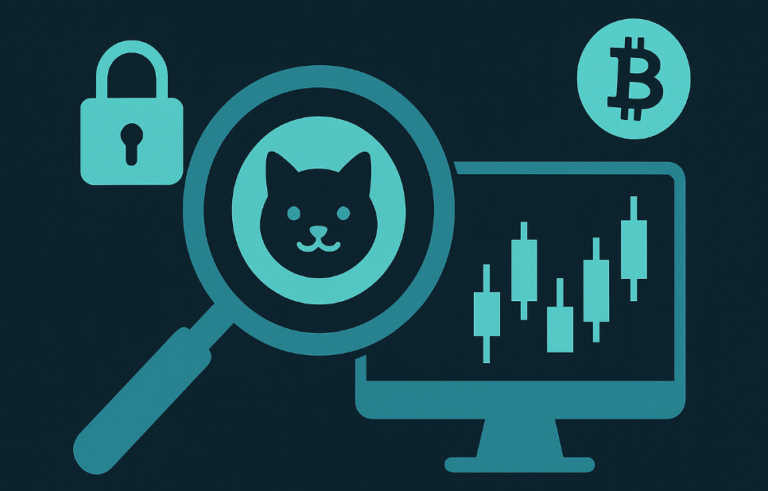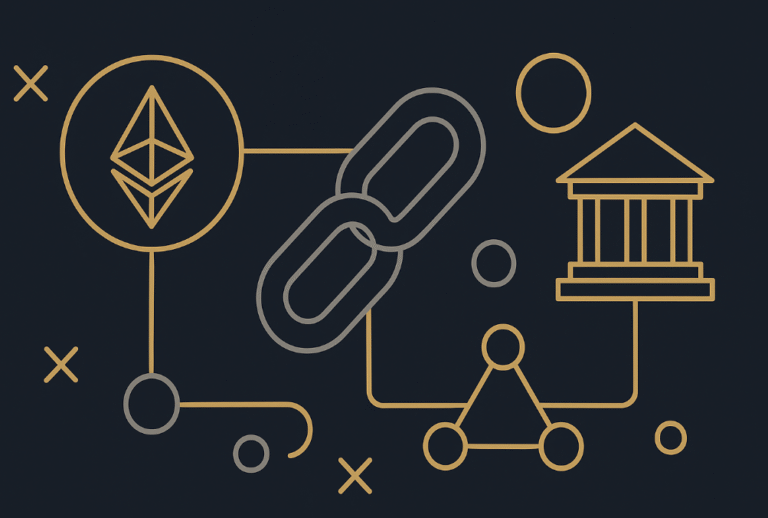
Linea, the Ethereum Layer-2 built on zero-knowledge proofs, took the unusual step of halting block production after a decentralized exchange on its network—Velocore—was hacked, resulting in the loss of over $6.8 million worth of ETH.
The breach, which occurred on June 2, exploited a known vulnerability in Velocore’s “Balancer-style CPMM” smart contract used in its volatile pools. The attacker managed to extract 700 ETH (roughly $2.6 million) using a third-party bridge, triggering emergency responses across the Linea ecosystem.
Slamming the Brakes
After being alerted by blockchain security firm Hexagate, Linea paused its sequencer—the centralized component responsible for ordering and batching transactions. This move stopped additional funds from being bridged out and froze the attacker’s path to liquidity.
The Linea team later explained their decision: “This was a last resort action to protect users… The hacker had acquired and was beginning to sell a large sum of tokens into ether.”
By halting between blocks 5081800 and 5081801, Linea essentially froze the network to contain the damage. The move sparked immediate debate in the Ethereum community about the trade-offs between security and decentralization in Layer-2 rollups.
From “Training Wheels” to Trustless
Linea, like many Layer-2s, is still in its “training wheels” phase—where centralized overrides are possible in emergencies. But in light of the incident, the team has publicly recommitted to decentralizing every part of its stack.
That includes decentralizing the sequencer itself—arguably the most centralized piece of infrastructure in most Layer-2 designs today.
“When our network matures to a decentralized, censorship-resistant environment, Linea’s team will no longer have the ability to halt block production and censor addresses,” the team said in a statement.
Linea’s product lead, Declan Fox, reaffirmed that decentralization isn’t just a long-term goal—it’s now an urgent priority. “We’re on a solid path to decentralizing all aspects of the network in a very aggressive time window,” he posted in response to Matter Labs CEO Alex Gluchowski, who had publicly emphasized the importance of sequencer decentralization.
Coordinated Cleanup
Linea and Velocore have since requested help from centralized exchanges to freeze stolen funds. Velocore has also proposed an on-chain negotiation framework, likely aimed at engaging the attacker in some form of white-hat recovery or restitution.
Despite the setback, Linea’s roadmap remains ambitious. The team recently set a $3 billion total value locked (TVL) target and sees decentralization not just as an ideological goal but as a structural necessity.
Whether this incident ends up as a turning point or a cautionary tale will depend on how fast—and how transparently—Linea follows through on its promises.


